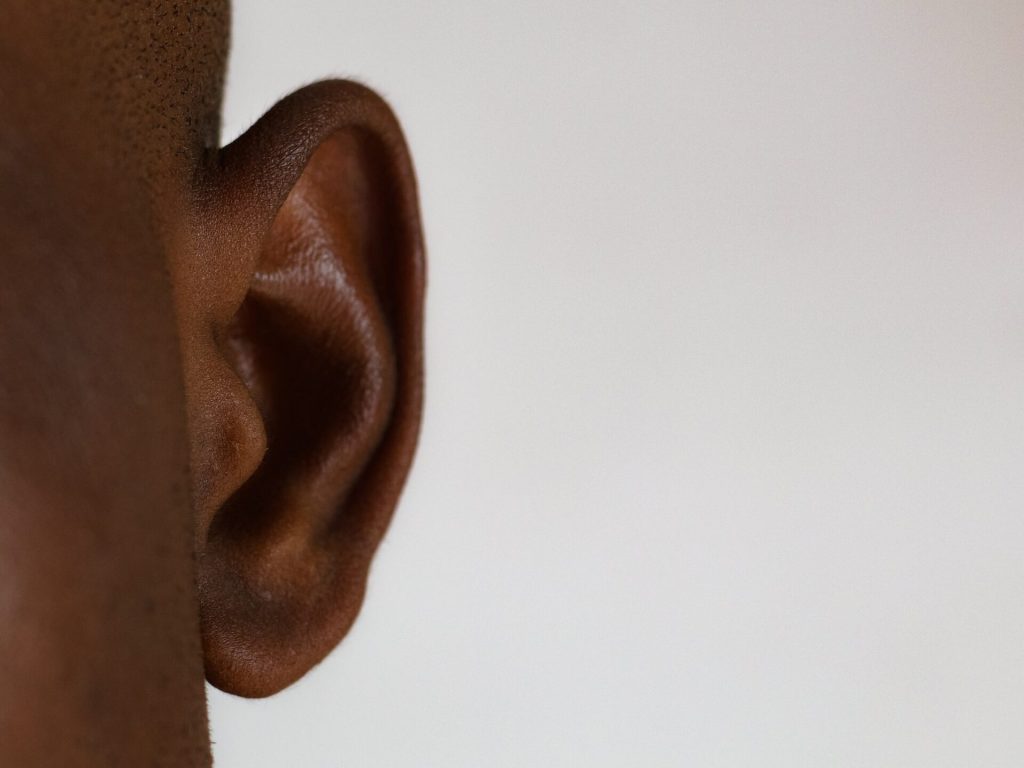Study Tests a Simple, Personalised Approach to Tinnitus Treatment

A recent study published in JAMA Network Open suggests that relief might be possible for debilitating cases of tinnitus by using a bi-sensory approach, combining mild but bothersome electrical stimulation with sound.
The study, by researchers at the University of Michigan’s Kresge Hearing Research Institute, was based on research into the processing of bi-sensory information, which could be used for personalised stimulation to treat tinnitus.
In a double-blind, randomised clinical trial, researchers recruited 99 individuals with somatic tinnitus, which 70% of tinnitus sufferers have. In this form, movements such as clenching the jaw, or applying pressure to the forehead, cause a noticeable change in pitch or loudness of experienced sounds.
Susan Shore, PhD, Professor Emerita in Michigan Medicine’s Department of Otolaryngology and U-M’s Departments of Physiology and Biomedical Engineering, led the research, in which candidates with bothersome, somatic tinnitus, as well as normal-to-moderate hearing loss, were eligible to participate.
“After enrolment, participants received a portable device developed and manufactured by in2being, LLC, for in-home use,” she said. “The devices were programmed to present each participant’s personal tinnitus spectrum, which was combined with electrical stimulation to form a bi-sensory stimulus, while maintaining participant and study team blinding.”
Study participants were randomly assigned to one of two groups. The active group received bi-sensory treatment first, while the control group received sound-only treatment first.
For the first six weeks, participants were instructed to use their devices for 30 minutes each day. The next six weeks gave participants a break from daily use, followed by six more weeks of the treatment not received in the beginning of the study.
Participants completed the Tinnitus Functional Index (TFI), and Tinnitus Handicap Inventory (THI) to measure the daily impact of tinnitus. Participants also had their tinnitus loudness assessed during this time.
The team found that when participants received the bi-sensory treatment, they consistently reported improved quality of life, lower handicap scores and significant reductions in tinnitus loudness. These effects were not seen in the control group.
Additionally, more than 60% of participants reported significantly reduced tinnitus symptoms after the six weeks of active – treatment, but not for the control. This matches earlier work from Shore’s team, which showed that the longer participants received active treatment, the greater the reduction in their tinnitus symptoms.
“This study paves the way for the use of personalised, bi-sensory stimulation as an effective treatment for tinnitus, providing hope for millions of tinnitus sufferers,” said Shore.


